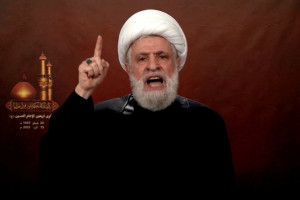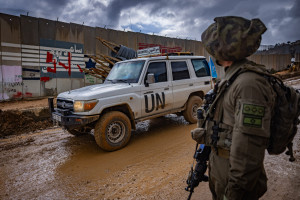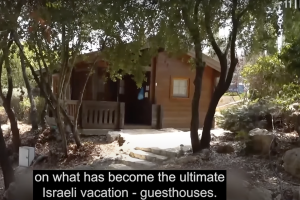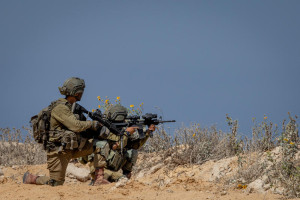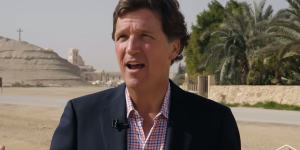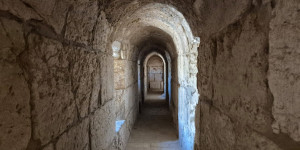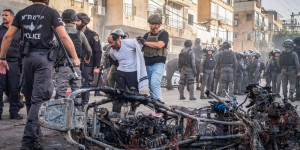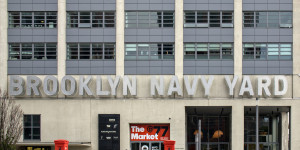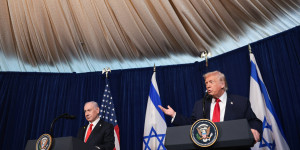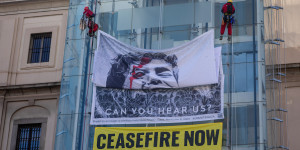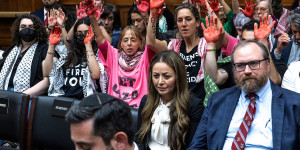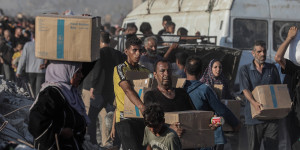US asks Israel to reduce ‘non-urgent’ military action in Lebanon after gov’t says it will disarm Hezbollah
In first step, Lebanese troops collected weapons from Fatah-affiliated militia
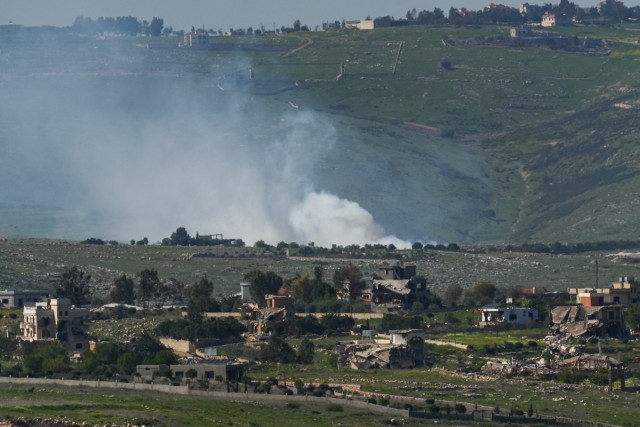
After the Lebanese government declared its intention to disarm the terror group Hezbollah, the United States has requested that Israel reduce its “non-urgent” military strikes in the country in support of the process, Axios reported on Thursday. U.S. envoy Tom Barrack also reportedly urged Israel to consider withdrawing from one of five outposts in Lebanese territory as a gesture of cooperation with the Lebanese initiative.
Under the terms of the ceasefire that ended last year’s fighting with Israel, Hezbollah was required to fully withdraw from southern Lebanon. Its failure to do so has led Israel to continue striking Hezbollah targets in the south, as well as in other regions.
The Trump administration reportedly believes that reciprocal steps by Israel, such as reducing the number of strikes and agreeing to a roadmap to withdraw from five outposts still held by the IDF in Lebanese territory, could provide the Lebanese government with the credibility it needs to carry out Hezbollah's disarmament.
Despite the Lebanese government’s historic declaration tasking the Lebanese Armed Forces (LAF) with drafting a plan to establish a state monopoly on weapons and disarm Hezbollah by year’s end, no tangible progress has been made. Instead, the group has vowed to defy the order and warned of another civil war if the Lebanese military attempts to disarm it by force.
“The Lebanese government will say anything to end Israel’s presence and operations in Lebanon, as opposed to taking real, concrete measures to disarm Hezbollah,” stated David Daoud, senior fellow at the Foundation for Defense of Democracies.
“After an IDF withdrawal, there’s considerably less pressure on Beirut to confront the Iran-backed group at all,” Daoud said, noting that the LAF has so far received an explicit order to disarm Hezbollah.
“In contrast, Hezbollah security official Wafiq Safa and LAF Commander Rodolph Haykal have held meetings to both avoid confrontation between the two parties and ensure that any steps taken will be done through mutual agreement,” he added.
The government’s first concrete step toward establishing its monopoly on weapons came on Thursday evening, when LAF troops collected weapons from Palestinian Fatah-affiliated groups in the Burj al-Barajneh camp in southern Beirut.
According to French news outlet L’Orient-Le Jour, the process of disarming the numerous Palestinian groups in the country – including groups linked to Palestinian Authority President Mahmoud Abbas’ Fatah party, as well as Hamas and Palestinian Islamic Jihad (PIJ) terrorist organizations – began following a visit by Abbas’ son.
After a two-month delay caused by opposition from Hamas and PIJ, the Fatah-affiliated groups agreed to begin the disarmament process this week, increasing pressure on the other factions to follow suit.
However, a group of Islamist militias called the “Palestinian Factions’ Gathering” – seen as close to Hamas – declared they would keep their weapons “as long as the occupation of Palestine continues,” echoing declarations by Hezbollah.
The U.S. requests were raised during a Wednesday meeting in Paris between envoy Tom Barrack, diplomat Morgan Ortagus, and Israeli representatives.
A source told Axios there was some progress but that the talks would continue.
“The Israelis didn't say no and they are willing to give it a chance. They understand that what the Lebanese cabinet did was historic and that they need to give something back,” the source said.

The All Israel News Staff is a team of journalists in Israel.
You might also like to read this:


